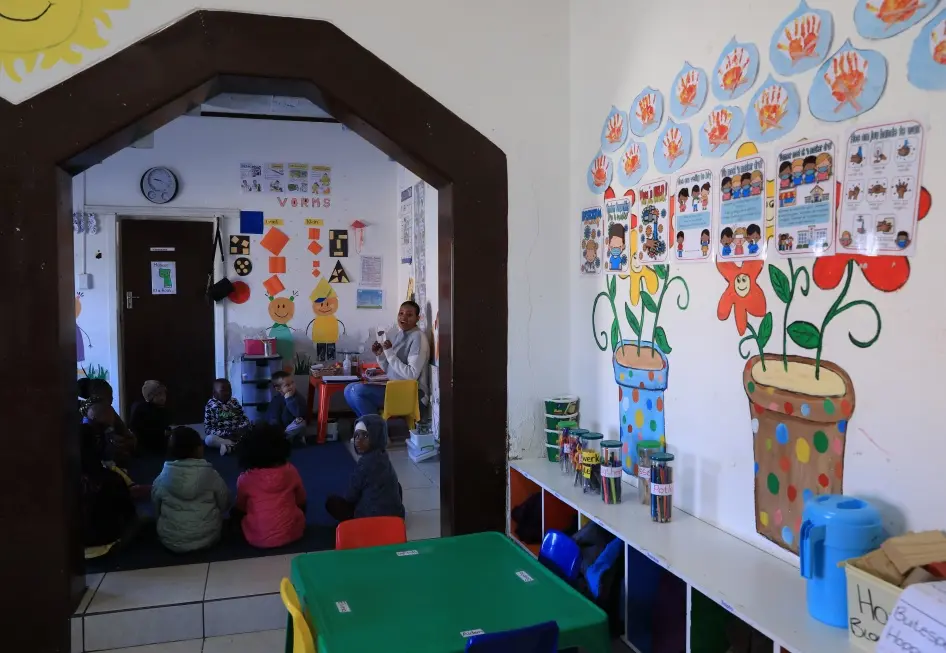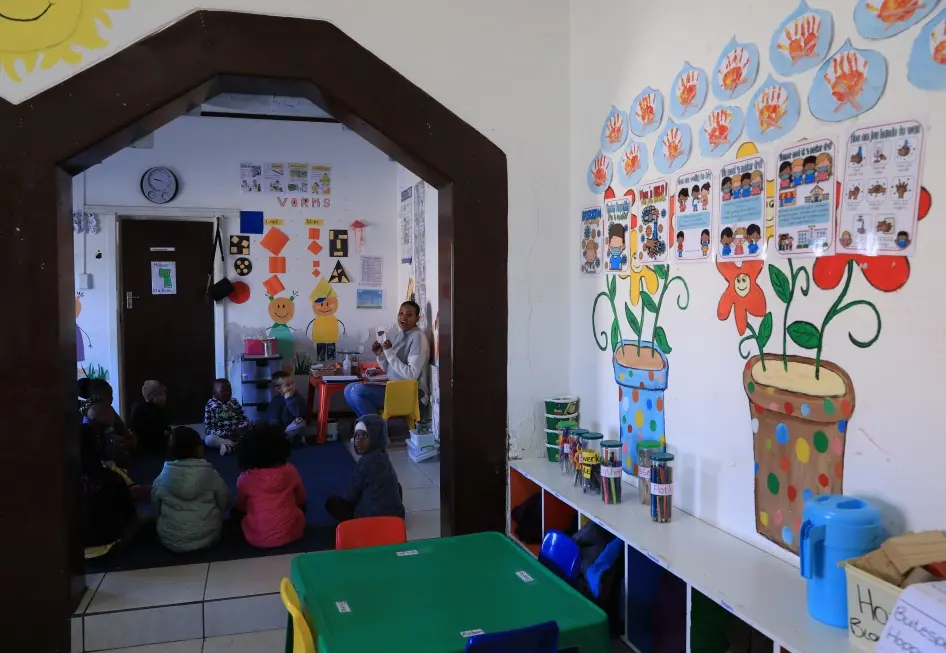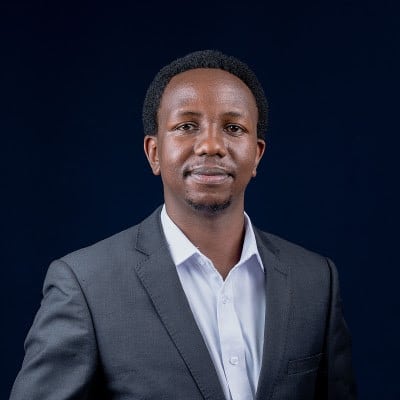
NEW YORK, USA, 18 September 2024 -/African Media Agency(AMA)/- Last Friday, South Africa’s President Cyril Ramaphosa signed a law making, among other provisions, one year of pre-primary education compulsory, further strengthening the right to education for South Africa’s children.
From a human rights perspective, compulsory education is primarily an obligation on governments to ensure quality education is free, accessible, and inclusive.
Join our WhatsApp ChannelThe law also marks an important step toward addressing longstanding challenges in South Africa’s education system, including language and policy admission requirements that are a barrier to ensuring access to education for all. Implementation of certain clauses on these topics has been suspended for three months, pending further consultations.
Expanding the right to education has been a cornerstone in building a democratic South Africa. In 1955, anti-apartheid groups outlined a vision of freedom for the country, including “free, compulsory, universal and equal” education for all.
South Africa’s constitution enshrines the right to a basic education. They have almost succeeded in realizing this goal: around 90 percent of its children now complete lower secondary schooling.
Quality pre-primary education benefits children’s cognitive and social development, educational attainment, and health. Children’s early years represent a critical opportunity to make a positive difference in their lives when the pace of brain development is at its highest. Pre-primary education can mitigate inequalities among children from families of different incomes and can particularly benefit children with disabilities—a sphere where South Africa has unfulfilled obligations—by reinforcing inclusion and reducing discriminatory attitudes.
It’s not just domestically that South Africa has been advancing children’s educational rights. In July, South Africa’s ambassador to the UN Human Rights Council, Mxolisi Nkosi, expressed support for initiating a process to consider and draft a new treaty to strengthen the right to education under international law. It would explicitly recognize rights to early childhood education; free pre-primary education, beginning with at least one year; and free secondary education.
“While the right to education has long been recognized as a human right, and an indispensable means of realizing other rights, it certainly remains a privilege for millions of children across the globe,” said Nkosi, adding that the initiative “will no doubt go a long way in giving this right concrete expression for all children.”
Negotiations for the new treaty begin in 2025. Success depends on South Africa and others’ vigorous participation advocating for a strong treaty.
Distributed by African Media Agency (AMA) on behalf of
The post South Africa Strengthens the Right to Education appeared first on African Media Agency.
Source : African Media Agency (AMA)

















Follow Us